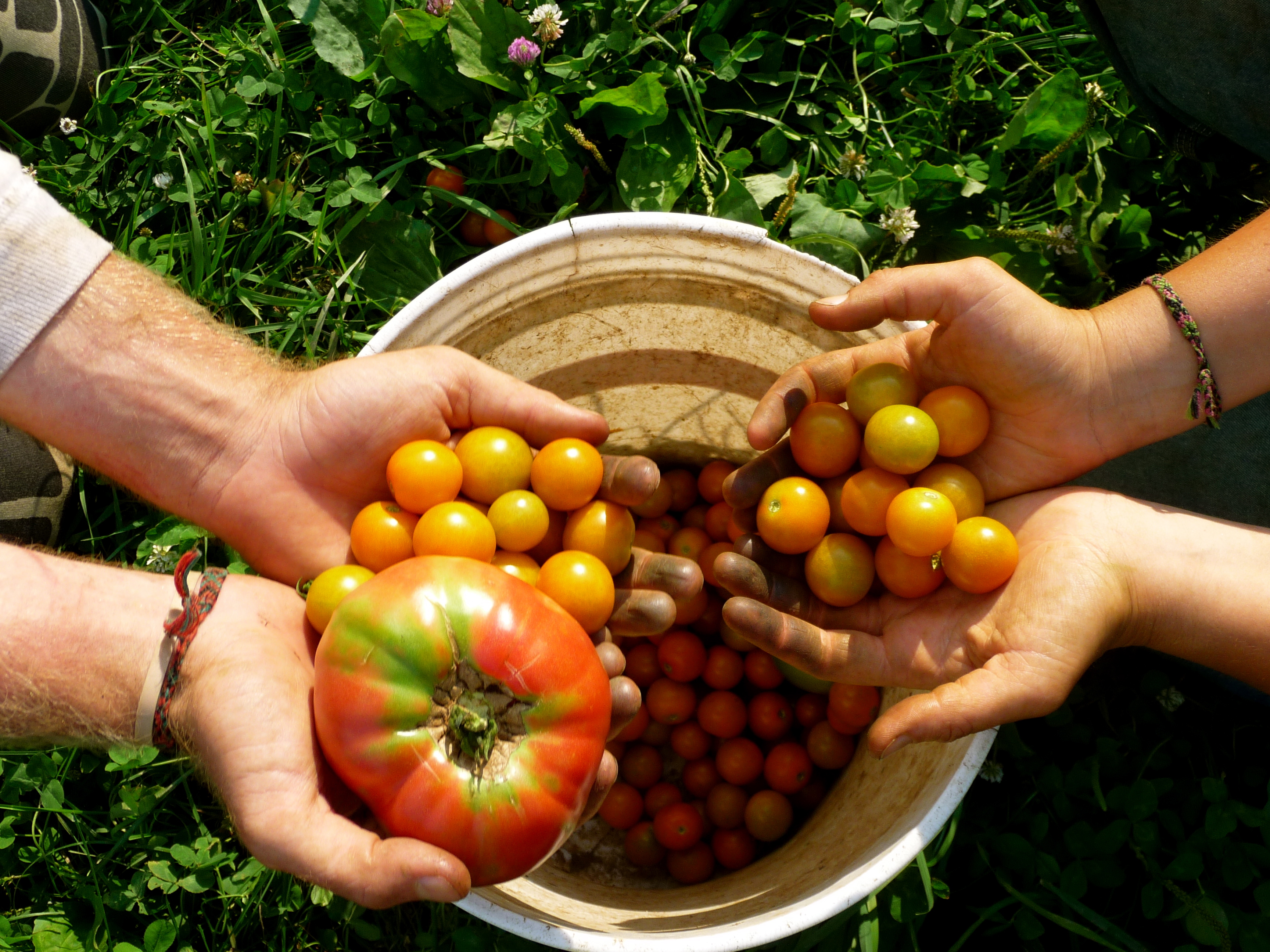Going green seems to be where the wind is blowing these days. The rave about organic food has seen exponential growth not just in noise, but also in profits. And this is probably for good measure from individuals and families who are taking control of the safety of the food they are consuming. Nowadays, with the prevalence of chemical usage in boosting supply of produce, livestock, and poultry, we are no longer sure if the foods we are putting on our tables are 100% safe for consumption. Adverse effects of consuming non-organic foods are real and it is something that all of us should be critically aware of.
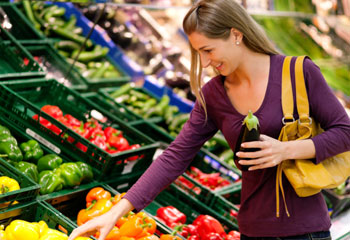
If you have not ridden the bandwagon of the organic food aficionados, probably it’s time that you should. Ours and our family’s safety should be of utmost concern. Yes, there is a slight difference in price because organic foods take more time and effort to produce, but you have to remember that you can’t put a price tag for a peace of mind. If you take into account everything if you’re planning to consider shifting to organic foods, you should also consider the risks you are putting you and your family in. Non-organic foods contain more unnecessary and harmful chemicals than organic foods. The current state of the food that we consume has severely decreased that we ought to quickly open our eyes.
But before we shift our preference, we should probably know more about what “organic” is. The Quality Assurance International Standards are stringent in their approach in labeling foods as organic. They have to undergo a demanding certification process. When you say organic, it refers to the way products are grown and processed. It must be grown in safe soil and should not contain chemicals such as insecticides, herbicides, petroleum-based fertilizers, and sewage-based fertilizers. Livestock and poultry should only be fed organic feeds and are not administered antibiotics, growth hormones, or any animal by-products.
Here are 4 things that you should consider if you plan to go organic:
1.It’s more environmentally friendly
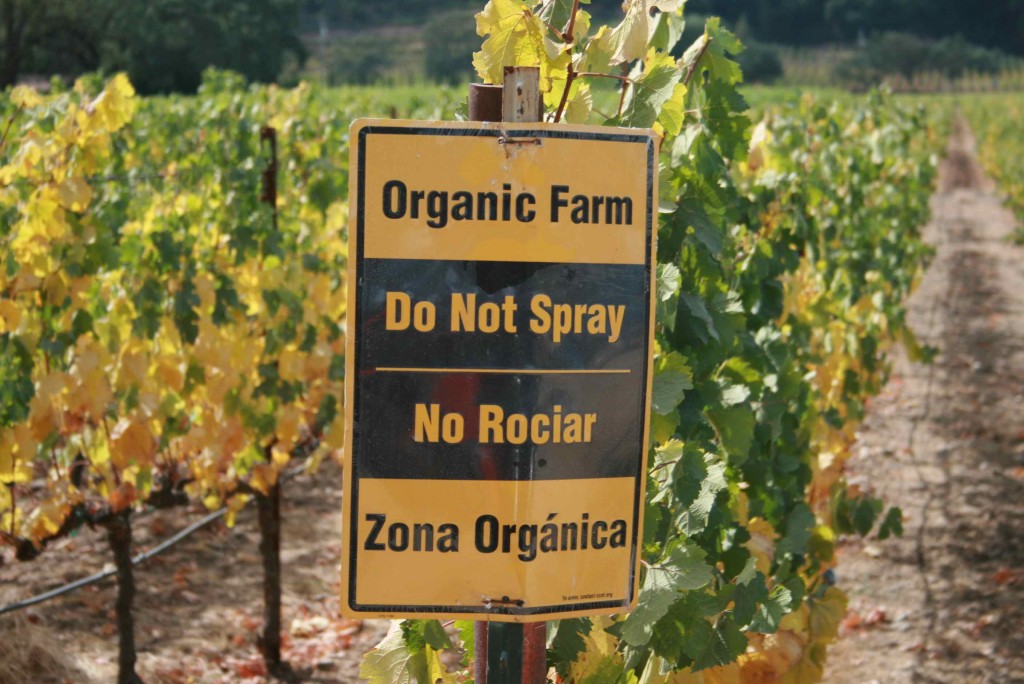
Organic foods are grown and processed without using chemical substances like pesticides, herbicides, and are utilizing natural fertilizers like manure or compost. By not introducing foreign chemicals in the soil and in the air, organic foods contribute to the safeguarding of our environment. Also, by not using artificial fertilizers, growing organic foods decrease the likelihood of destroying the soil with which it grows upon. And because of irrigation, artificial fertilizers seep into the soil and also flow into the water system. These fertilizers facilitate the growth of algae which subsequently affects the ecosystem of these water systems.
The environment is very sensitive to change, and more to foreign change which are introduced into the system by humans who intended to speed up agricultural production. Although it has served its purpose, it is also simultaneously killing the environment. You could say that it is not a sustainable way to stay full. And by supporting organic foods, you are indirectly saying to the individuals who employ these methods that you do not support them and that they should stop.
2.It’s more tastier and fresher
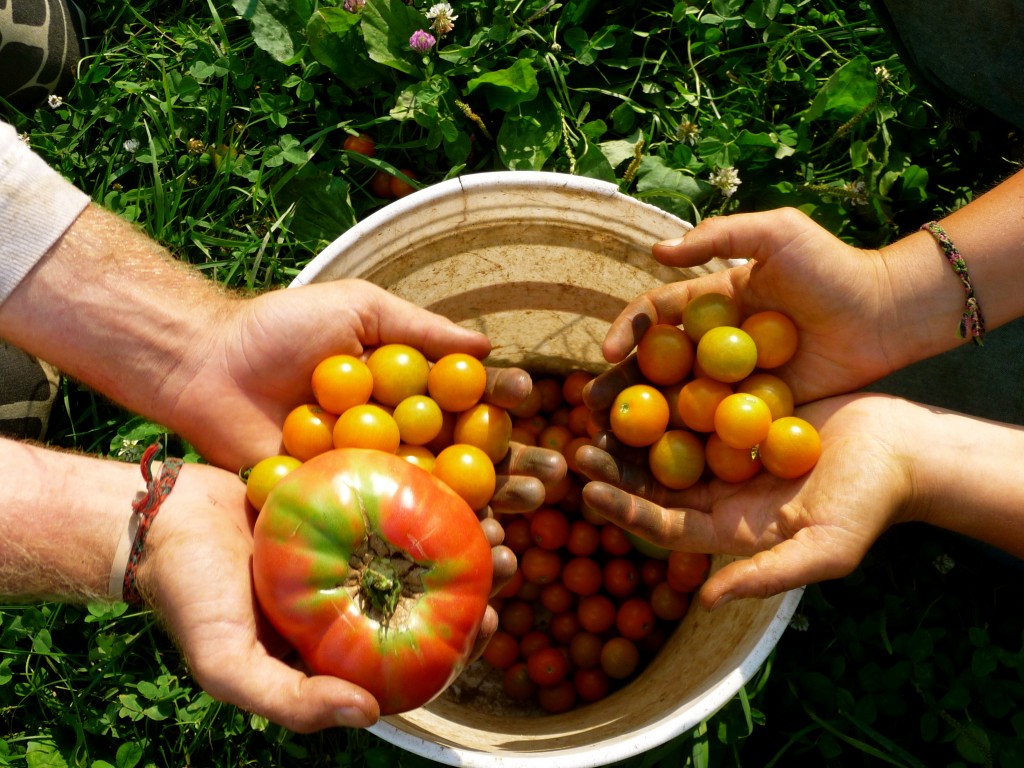
Organic foods are usually fresher because it does not contain chemical preservatives that increase its shelf life. Oftentimes also, organic foods are produced and sold in farms which are near the market where you bought them. And we can all agree that fresh food tastes better, right? Also, organic foods are produced without the assistance of chemical substances making its taste more natural. You don’t get to taste something off-putting. The soil that these organic foods are grown upon is also not infused with chemical substances that not only alter its growth, but also its taste. And when you take a bite into that apple knowing that it is organic, you will not be afraid that you might contract something that adversely affects your health. When you eat with a peace of mind, you get to enjoy what you are eating more. After all, eating is an experience. And when you know you’re safe, your experience is bound to be better.
 3. It’s Safer
3. It’s Safer
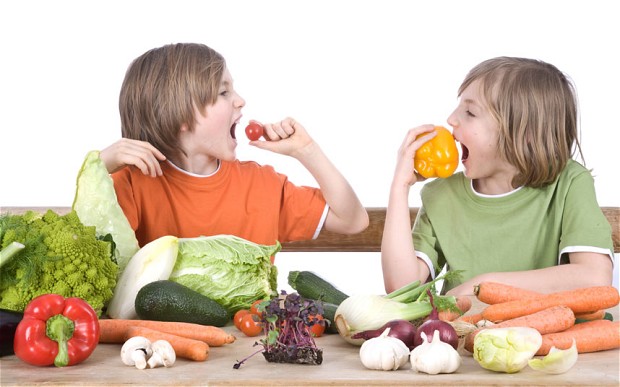
Although closely related to the one above, I decided to give it its own explanation; because, it’s just necessary. Organic foods are grown, produced, and processed the natural way – no chemicals, no additives, no non-sense. Non-organic foods are usually produced with the help of pesticides and herbicides. Some studies show that eating foods which are sprayed with pesticides and other chemicals increase the risk of certain cancers like lymphoma, brain tumors, or leukemia. Also children and fetuses that are exposed to these pesticide show developmental delays, autism, and other behavioral disorders. And most of us due to perpetual exposure to these chemicals have contracted what is known as “body burden”. Body burden could lead to health issues such as headaches, weakened immune systems, and birth defects. And herbicide is no better. A substance used in herbicide, Glyphosate, is known as a carcinogenic substance to humans according to the World Health Organization.
With all these adverse effects that we can contract with eating non-organic foods, it’s clear that there is really no other way but to go organic. Go green or go home, in this case, most likely the grave.
4. It’s healthier
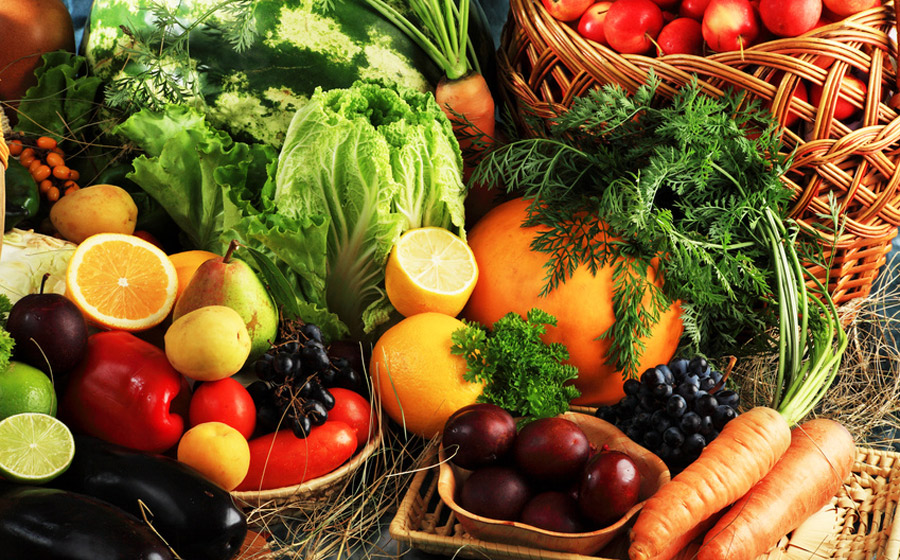
Because organic foods do not use chemical substances to aid its growth and production, it is healthier. Let’s take Milk as an example. Organic milk is known to have more omega-3 fatty acids, antioxidants, and vitamins compared to non-organic milk. Tomatoes that are grown the natural way produce more antioxidants like Quercetin (79% more) and Kaempferol (97% more) than tomatoes growing with the aid of chemical substances. These studies are still currently inconclusive, and although there are still no clear-cut evidences that delineates the health benefits difference of organic versus non-organic foods, but knowing that you are not ingesting any harmful chemicals is already more than a reason to have a change of heart.


